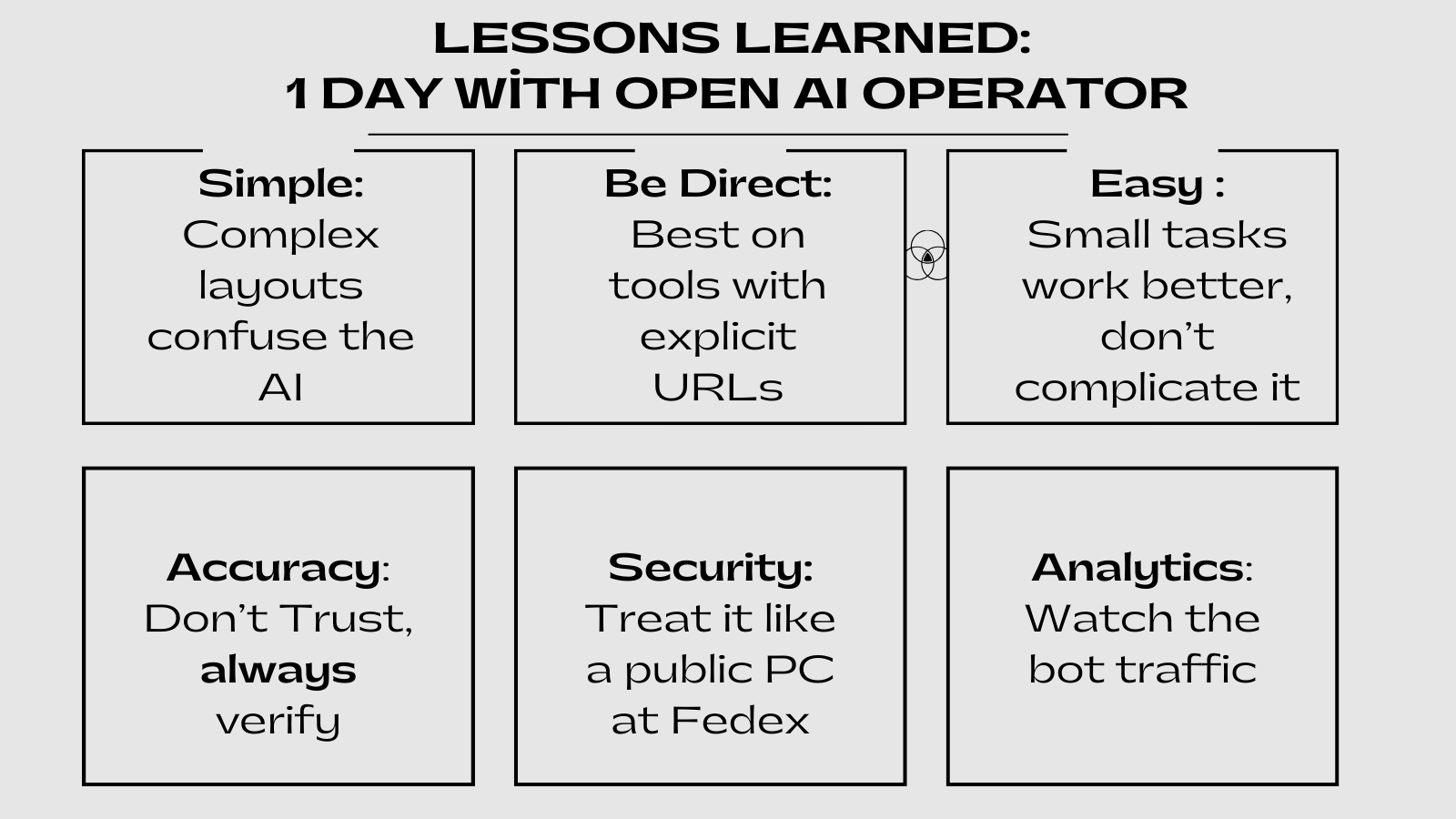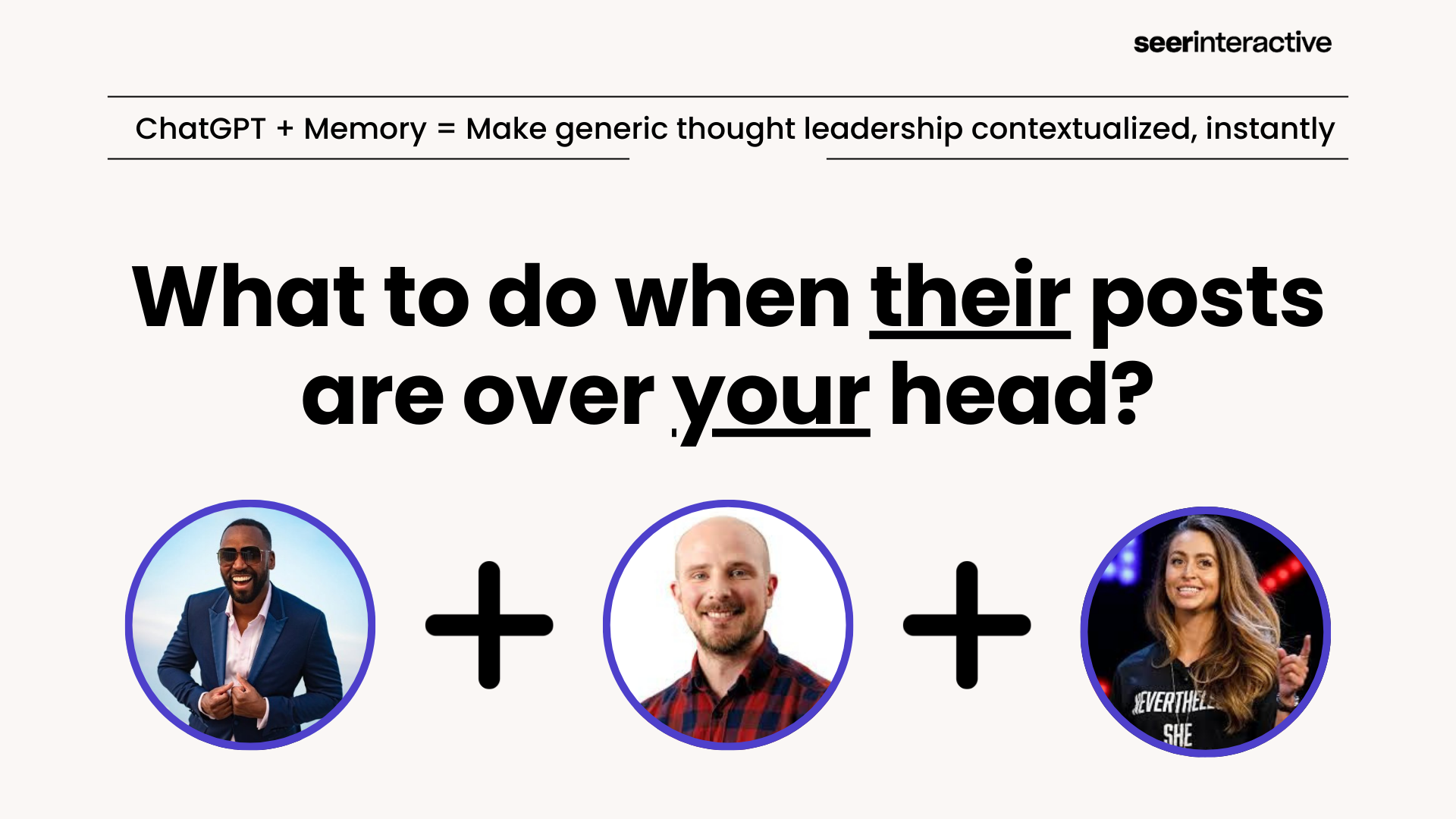The High Cost Of Unchecked Marketer Bias
Close your eyes, when I say deck plan, what words do you think of? Do you imagine a site that looks like this being the answer?

You’d be right for most people. You’d be wrong for these people:
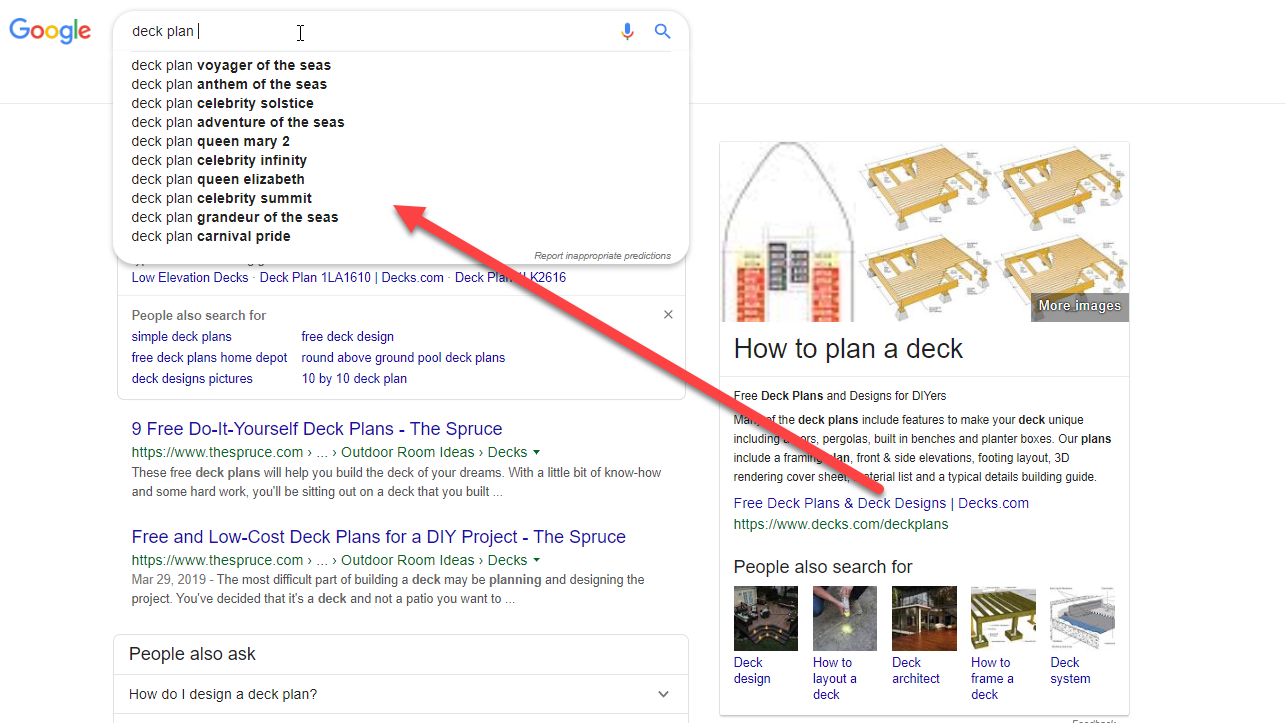
That is pure marketer bias, plain and simple. We all have bias.
Many of our team members would be biased, and if they’ve never gone on a cruise, they wouldn’t even know to THINK about the cruise ship-related intent of the search term. We were bidding on “deck plan” terms, and they converted at a cost that was well under our clients target CPA. The devil was in the details. In the aggregate we were good, once we dug in we found people clicking on our ads, looking for something totally different.
So while we were high fiving that we were hitting goal, there were people who were clicking on our ads were actually looking for cruise ships, not decks for their backyards.
Plurals, Marketers Bias, and Long Tail Growth
When you search for “deck plans,” none of the results in the top 10 are cruise ship pages. For “deck plan,” depending on the season, I’ve seen up to 4 of 10 results be cruise ships vs. housing keywords.
Here’s a list of just a few words where pluralizing is very different than the singular. Words like:
- New vs. News
- Blind vs. Blinds
- Good vs. Goods
- Glass vs. Glasses
Plurals Have Different Meanings, and Search Engines Know Better Than All of Us
When searching for “rap,” Google knows the non-plural word has musical intent: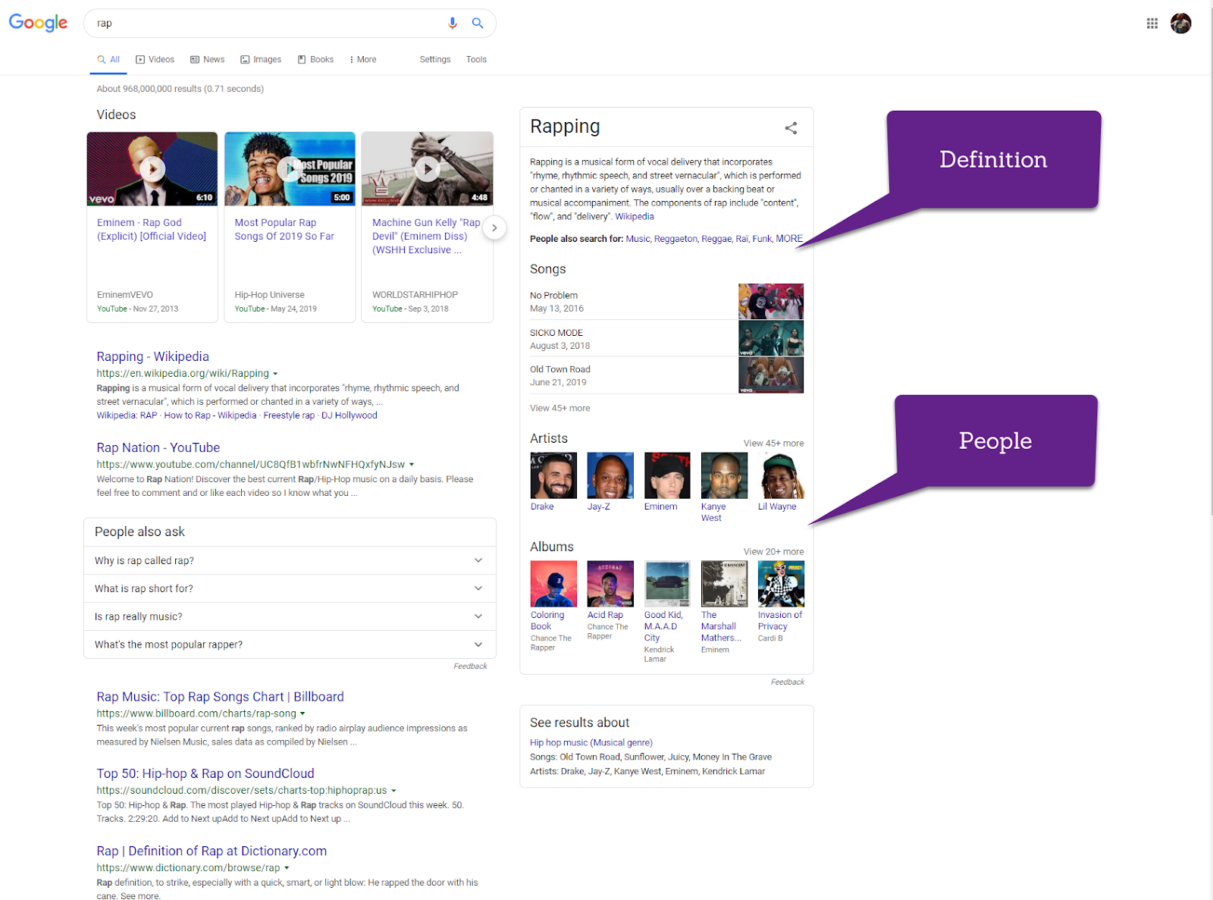
When searching for “raps,” Google recognizes that most folks are looking for the massive organization: RAPS.org:
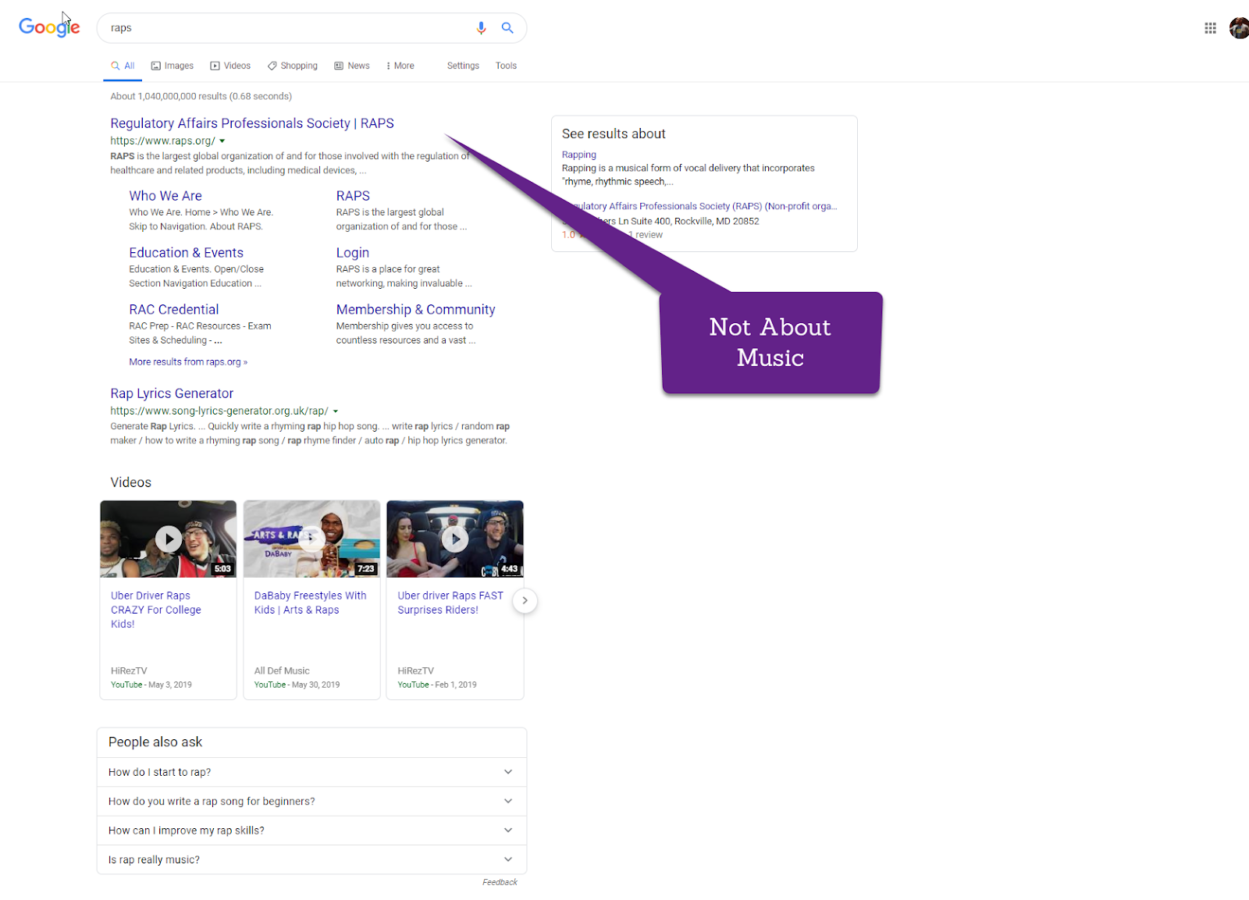
When searching for “fossil watch,” Google has learned the user is typically looking with intent to buy online and immediately. They’re met with product ads first and then local results:
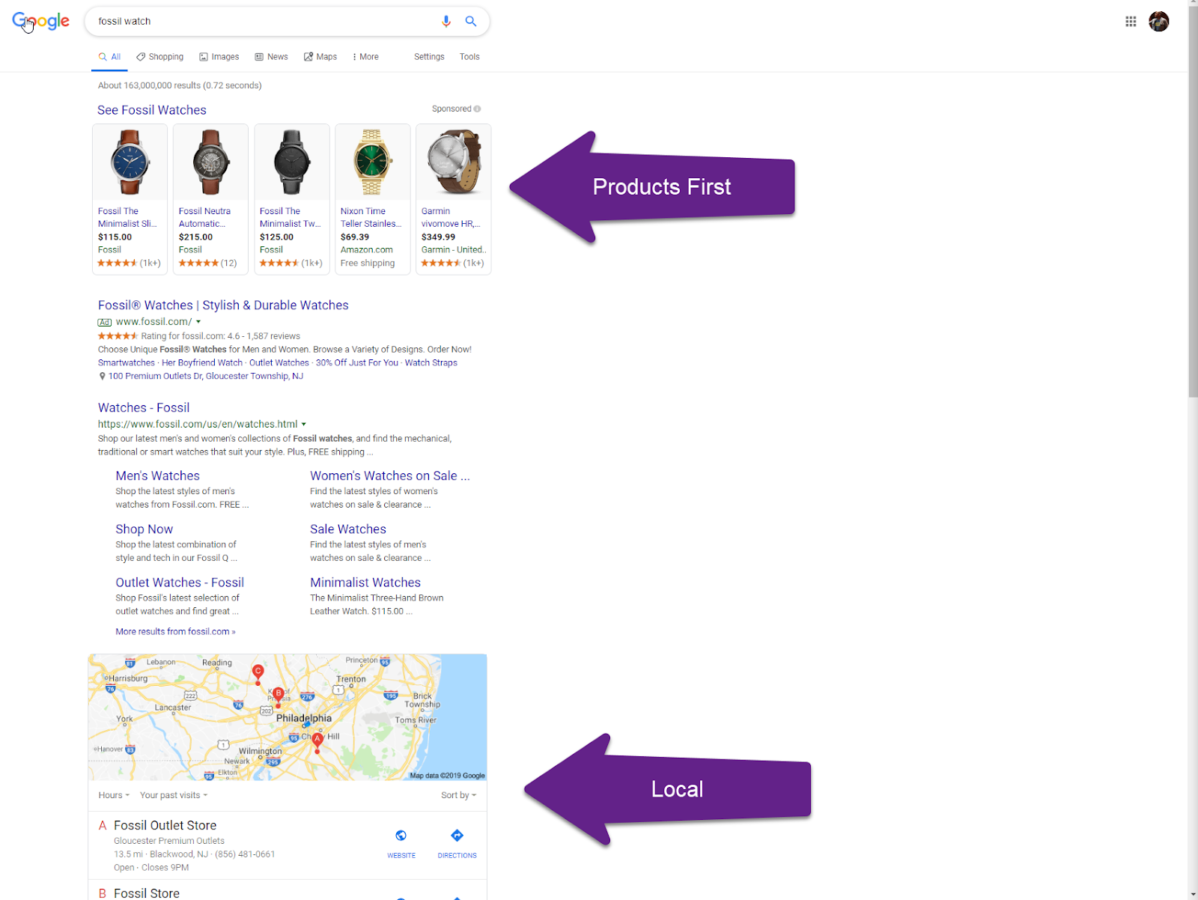
When searching “Fossil watches,” Google has learned that users are typically more in a browsing phase, taking them directly to the full website and then local results:
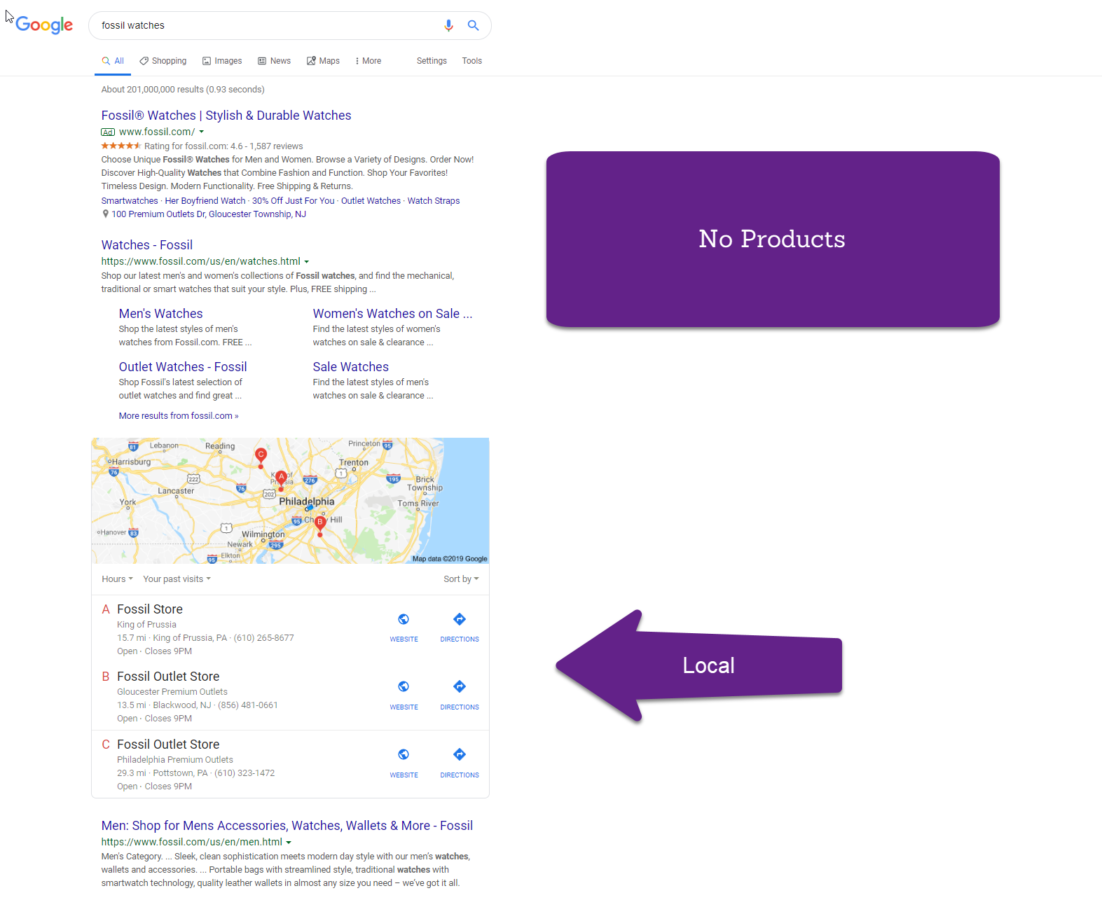
Another one you wouldn’t know unless you had a musical background and interest in piano is keyboard vs. keyboards. “Keyboard” seems to be a mixed bag of intent, where Google isn’t quite sure if that result should be for computer keyboards or the musical instrument:
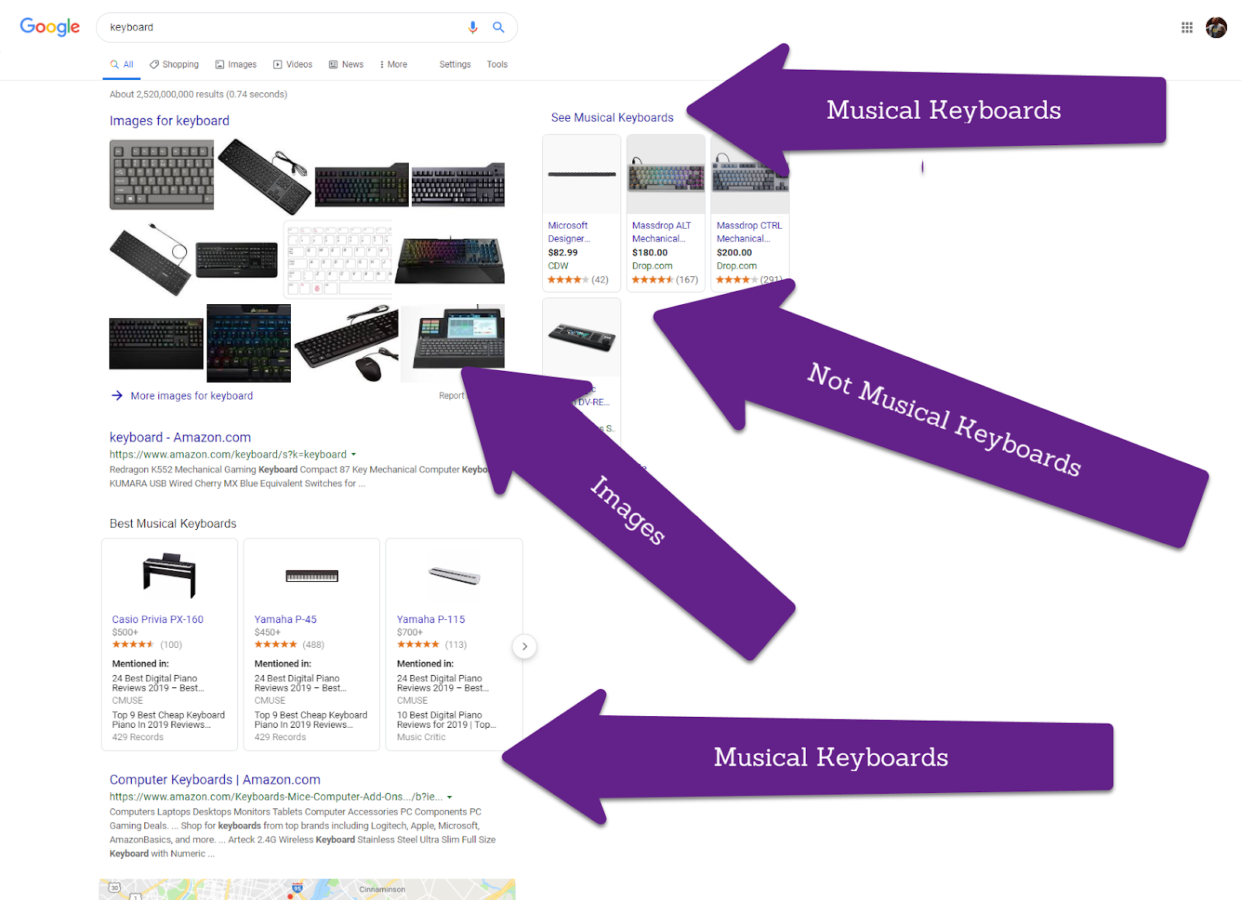
We can tell “keyboards,” on the other hand typically only have computer keyboard intent:
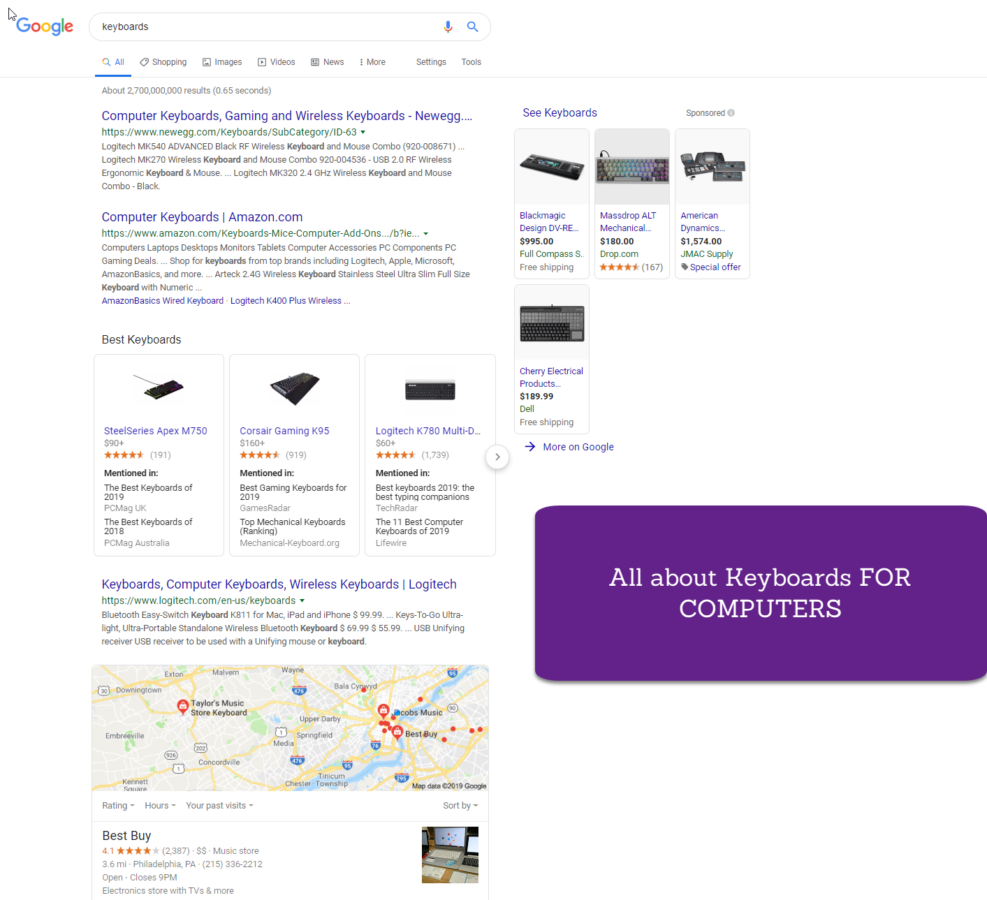
Pop culture references also change the meaning of a word. For years, I’ve been showing how we caught a bank that dropped approximate $60k in a few months on bad clicks for 21 savage bank account terms. The painful part is the agency is on a % of spend, so there’s no incentive for them to find waste.
Today people are still bidding on words that are clearly about the rap song and getting clicks:
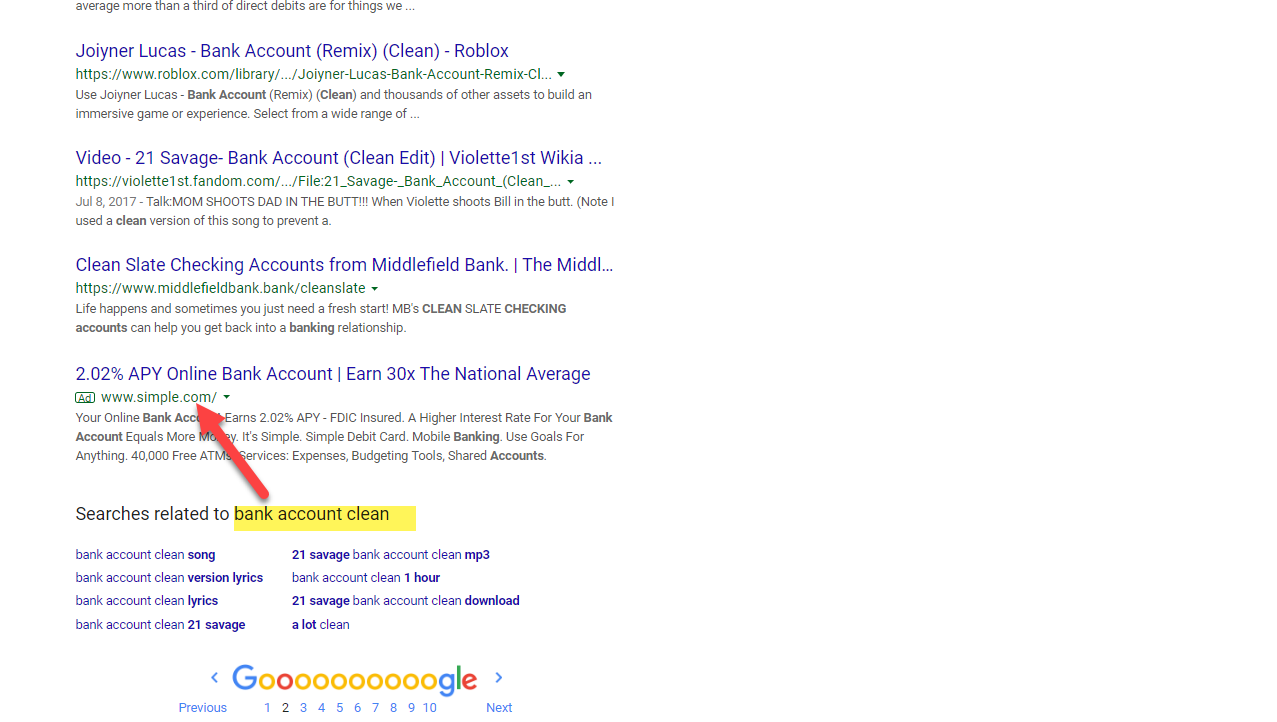
We've audited several accounts via our PPC auditing service and the most we've seen spent on rap keywords is $60,000-ish.
My bias for rap may have helped me catch that for a client. But I listen to 1 country song for every 1000 rap songs I listen to. So I would NOT have ever caught “whiskey glasses.”
Lots of ads, but the organic signals show us it has a different meaning:
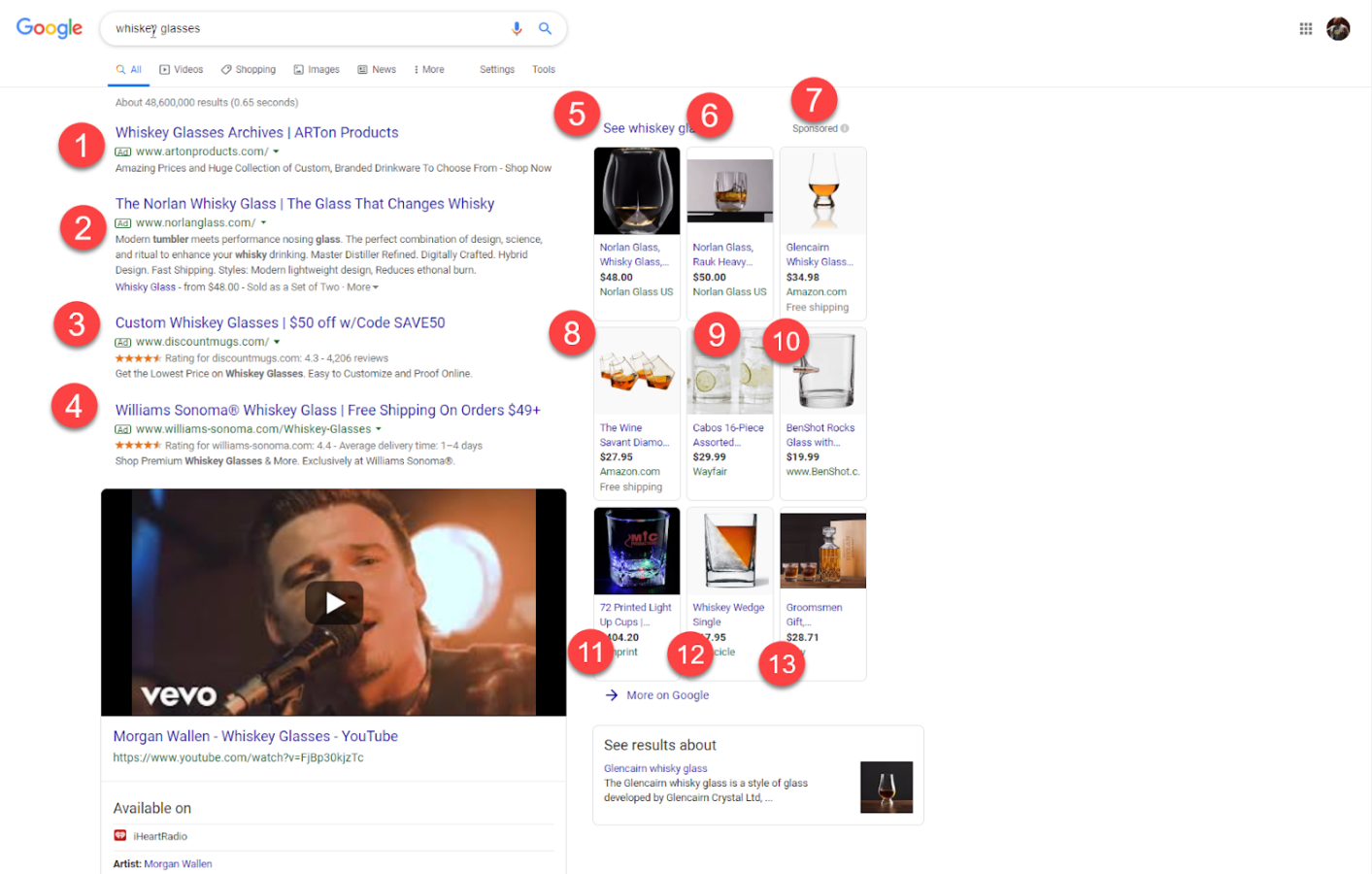
Even when we enter “song” tons of ads on page 2:
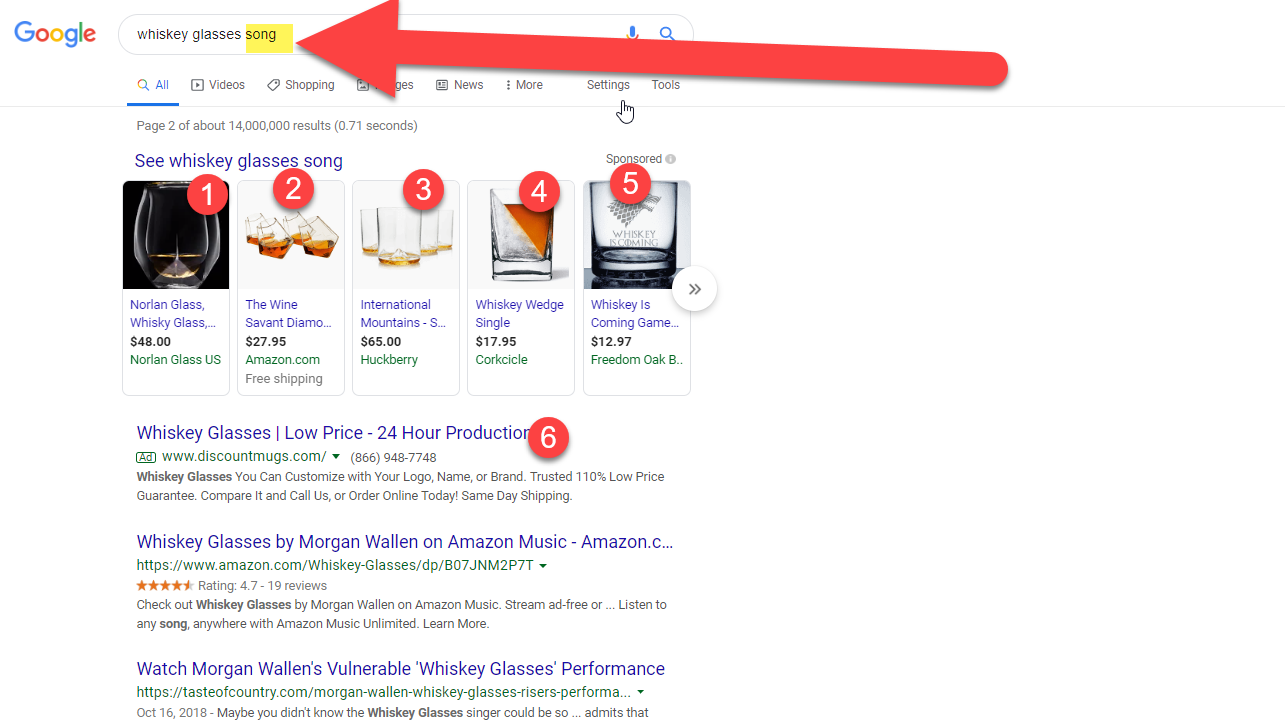
The outlier is real:
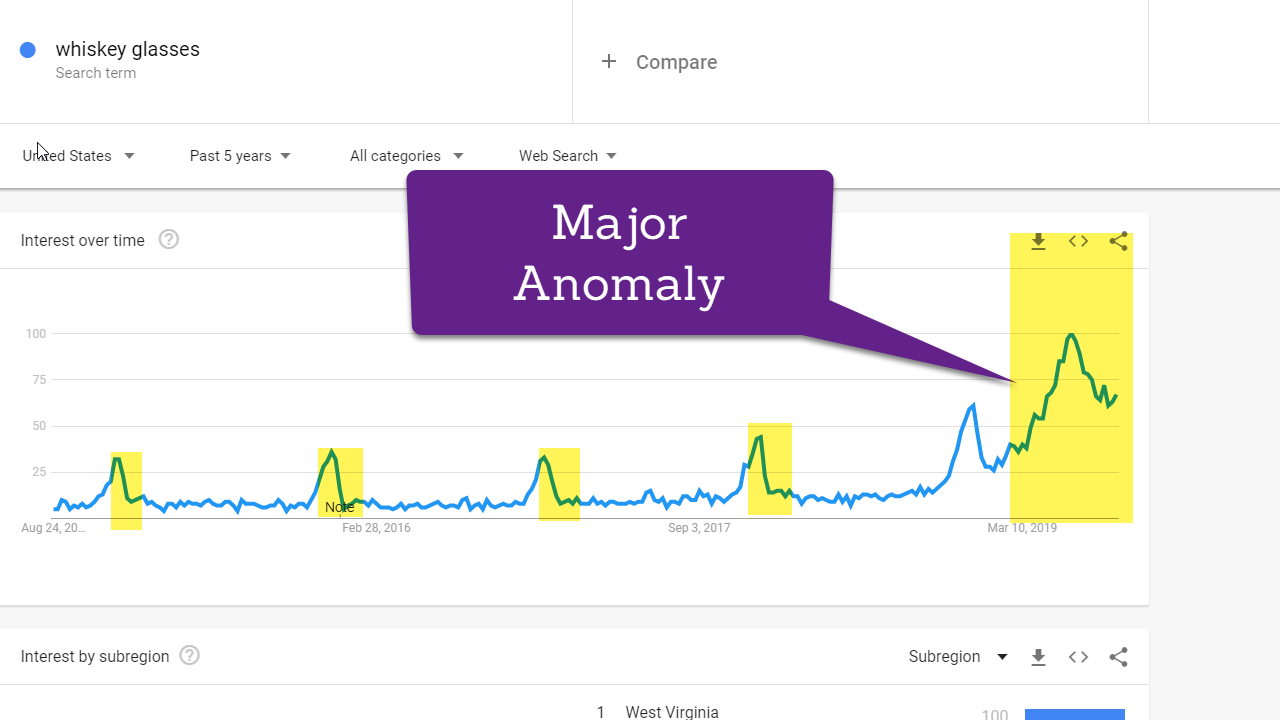
Only if there were a tool that ran every 24 hours on every new search term in your account you could catch the word “song” suddenly showing up and getting impressions back in 2018:
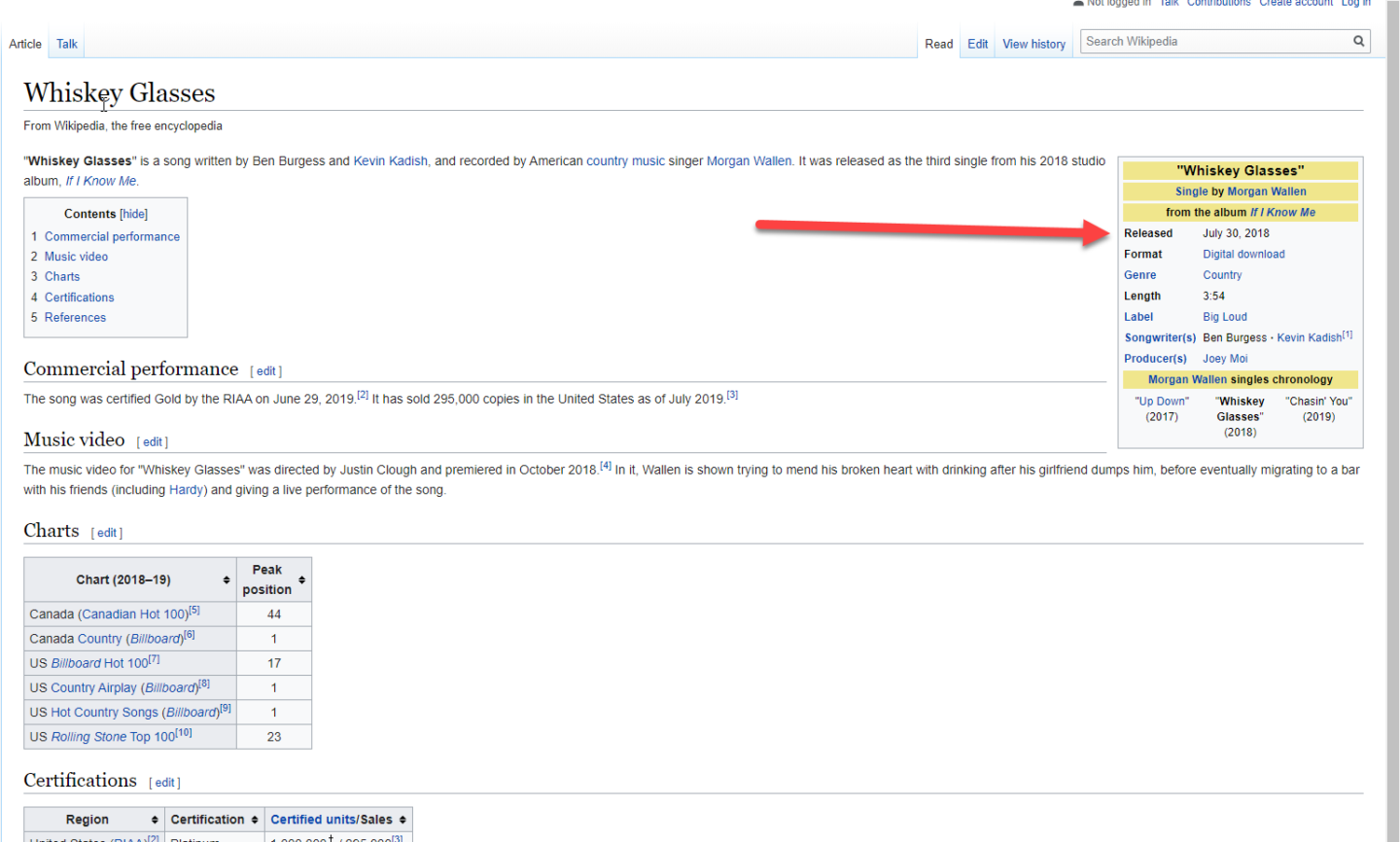
I can only imagine the money search engines have made (and are still making) on these accidental clicks. At whose cost? You as the advertiser.
This is going to be even worse on mobile where we make more accidental clicks.
We surveyed 81 PPC Managers and found that:
- The majority (68%) spend less than 5 hours per month implementing negative keywords each month.
- 96% of PPC Managers believe that identifying negative keywords in your PPC strategy is important.
- 99% of the time people aren’t checking for negatives 24/7.
The devil is in the details, how does that time get used? 5 hours/month is good, but is it optimal? How do you even know? We found that most times our team would look at the high spenders / high clickers, with no way to check on the low click search terms.
We hate seeing client money not drive the maximum yield. We felt that the 5 hours /month wasn’t sufficient.
What happens when a new song comes out? I want to know in 24 hours if we’re starting to get some suspect clicks.
So we built a tool to look at every component of every search term within 24-48 hours of getting 1 click.
When we ran the tool against our own team, we found that the tool found terms that took us up to 3 years to catch, yeah 3 years! We had processes to find negatives, we spent those 5 hours just like everyone else.
It wasn’t a time issue, it was a data issue and a value of time issue. The data was too big - too many new search terms come in every hour of every day, for every client. Also, do I really want humans tearing through individual words all day when they could be working on other things that are higher up the value chain?
We tested how many negatives we could find in 5 hours and on average got through 1,200 keywords in those 5 hours.
You can still be hitting goal and paying for a LOT of accidental clicks, so you assume the keywords are working. The secret is the little budget robbers that add up.
We typically find 15-25% inefficient spend in most accounts, giving us an opportunity to redeploy that budget in higher yielding opportunities.
Here’s an example of what we ran when someone said “we already negated that word”, what’s the value?
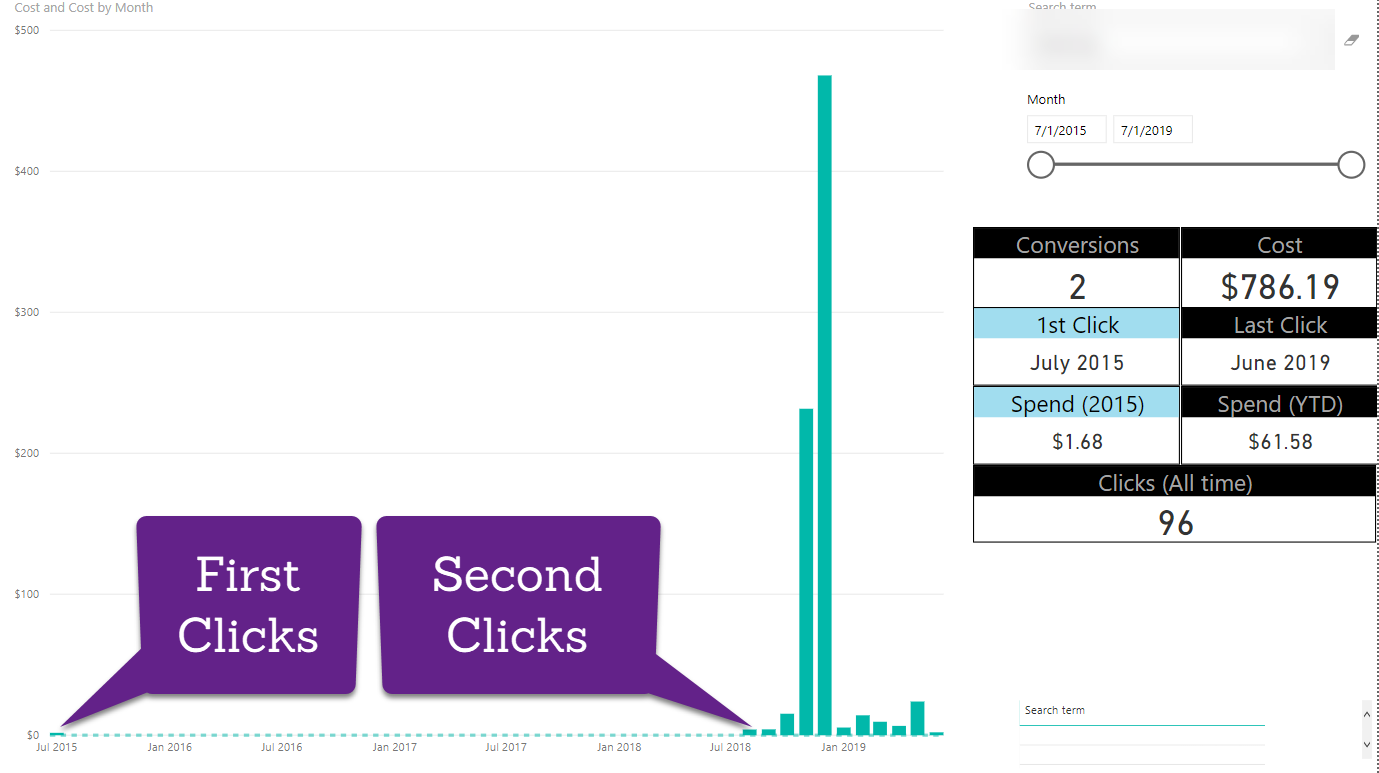
Well $3.56 was spent on this HIGHLY unqualified word back in July 2015. Why did the client have to spend another $783 on a word this tool may have caught 4 years ago?
This is our clients’ money, and with all the changes on every word, every day, we needed something to protect our clients from spending money on clicks they didn’t want to get.
It also sucks being on the receiving end of one of those “why am I showing up for this” emails!?
![]() This is Happening to ALL OF US.
This is Happening to ALL OF US.
Why did I pay for Georgia 360 when I EXACT targeted GA 360?!
It is a variant world kids, you are going to be getting matched to more search terms than before. Making it even harder to keep up with an already overwhelming problem. Clients deserve better!
We were bidding on [ga 360] and with Google’s latest update, we were matched us to 360 Georgia. People looking for a powerful web analytics tool are probably not going to have their questions answered by a site that sells peach flavored vodka.
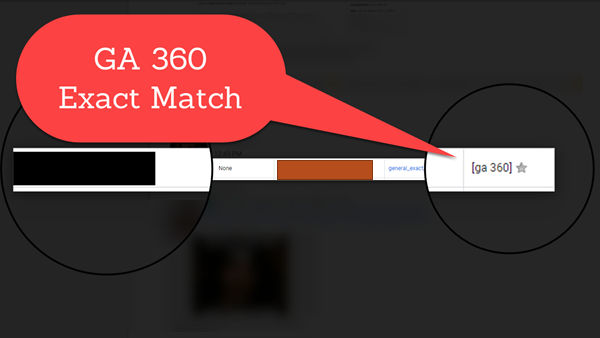
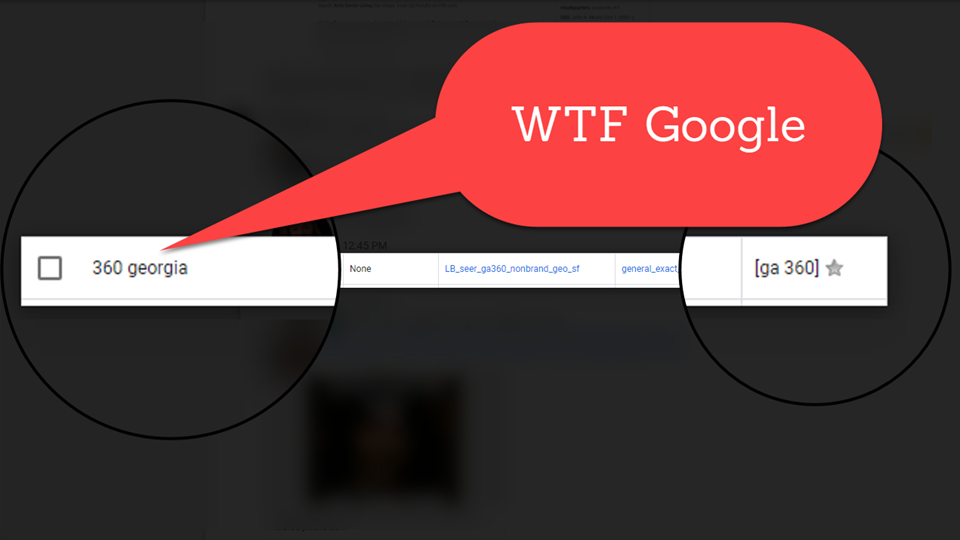
We caught this after only 1 click, preventing us from having to get hundreds of clicks before we would have spent enough to find out.
This is happening everyday, but this stuff is hard to find using traditional tools (especially the tools we’re given by the search engines).
So we built our own…
Quickly I realized that as great as this was for our clients, EVERY person who does PPC should have something watching his and her backs and helping teams/agencies find inefficiencies. So in addition to PPC Efficiency Audits, we created Saving Ben Lite (Free version).
Is it 100% automated? No. We have found that what humans find and computers find are different, and we’re building machine learning models to bridge that gap. For now… Let’s go save that $$$.
Ultimately, Saving Ben Lite is a more efficient way to identify themes to negate at scale, or themes to dig into for keyword and content expansions. So try it out! Let us know what you think. How many irrelevant search terms are you able to identify, and how much money does that save you? Contact us ASAP.


